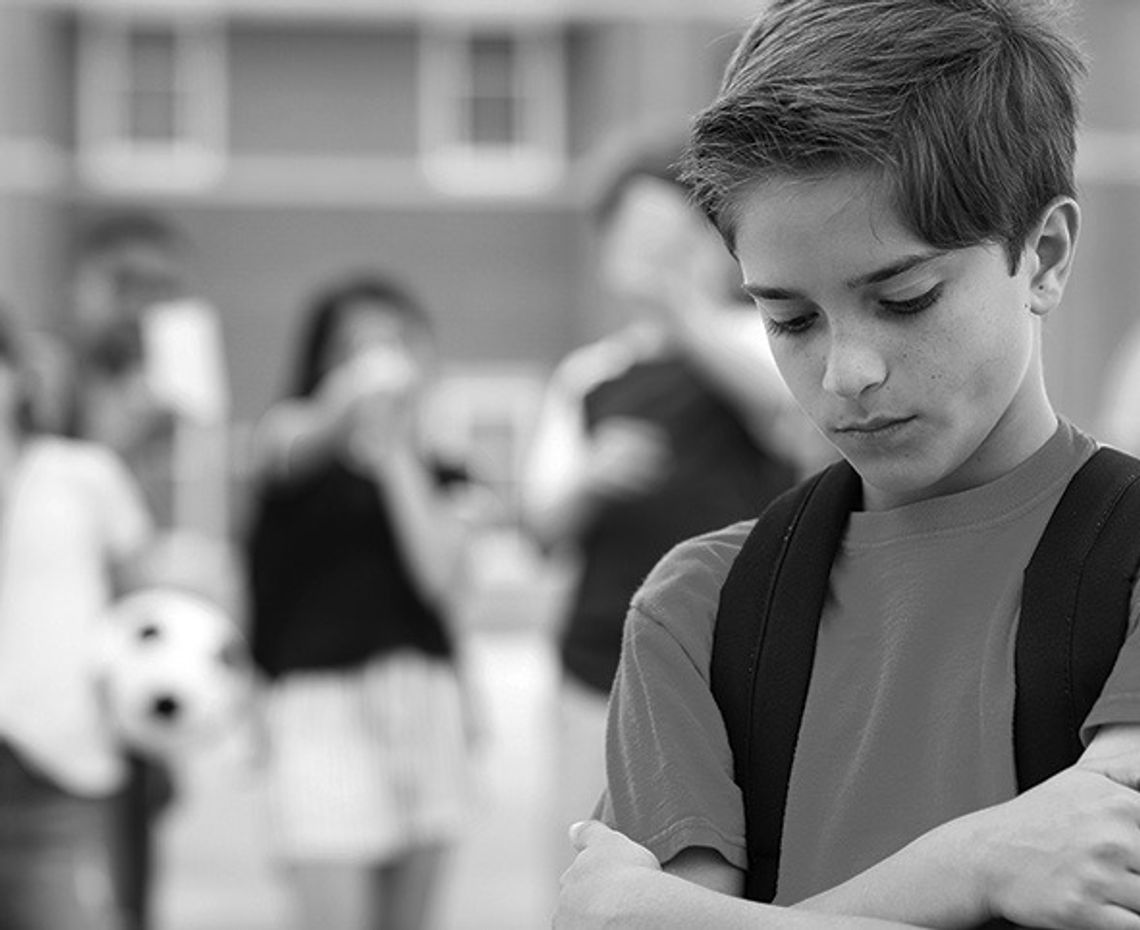Millions of children wake up very day in fear of harassment. Bullying is an epidemic that can result in humiliation, poor grades, low spirits, and even suicide. In years past, bullying may have ended after kids left the classroom or school grounds, but technology has enabled bullying to follow children home through their devices.
Studies indicate bullying is getting worse. The National Center of Safe Supportive Learning Environments says that, despite a number of school programs designed to decrease bullying, one in five students between the ages of 12 and 18 are bullied every year in the United States. According to 3rd Millennium Classrooms, which offers schools courses on topics like bullying, the most common type of bullying is verbal harassment, followed by social harassment. Cyberbullying now accounts for 25 percent of all bullying.
Bystander intervention, when someone steps in to help, can help to reduce bullying incidents. Intervening in bullying can be a multifaceted process that requires adults know what to do as they seek to safeguard youngsters.
• Be observant. Bullying generally happens in areas away from crowds, such as in the bathroom, school buses or via cell phones and computers. Adults need to be vigilant in recognizing that bullying may be taking place. Warning signs of bullying include being afraid to go to school; using excuses to stay home or return home from school; having nightmares; becoming withdrawn; or a decline in academic performance.
• Be an authoritative parent. According to Diana Divecha, a developmental psychologist who has counseled families on bullying, an authoritative style of parenting may help. This style offers a high degree of warmth, love and closeness, but also provides clear limits and high expectations with the support necessary to meet those expectations. Children raised in this environment have better mental health and stronger relationship skills.
• Create a zero-tolerance policy. Schools can implement strong policies against bullying where students should be able to speak to someone confidential-ly, and bullies will be investigated and dealt with promptly and effectively.
• Encourage participation in activities. Children should be encouraged to do what they enjoy and try out various activities in and out of school. These activities give kids a chance to have fun, let off steam and meet others with similar interests. A strong circle of friends can boost kids’ confidence and serve as another defense against bullying.
• Keep lines of communication open. When children feel comfortable speaking with their parents, an older sibling or another trusted adult about their feelings, they can express their concerns and seek advice regarding how to address them. This can go a long way toward making children feel better.
• Cultivate a strong parent-school relationship. Children benefit the most when there is a strong partnership between schools and families. Schools should foster strong pathways of communication with parents.
Adults can do their part to prevent bullying by embracing various strategies designed to keep youngsters safe and happy.



